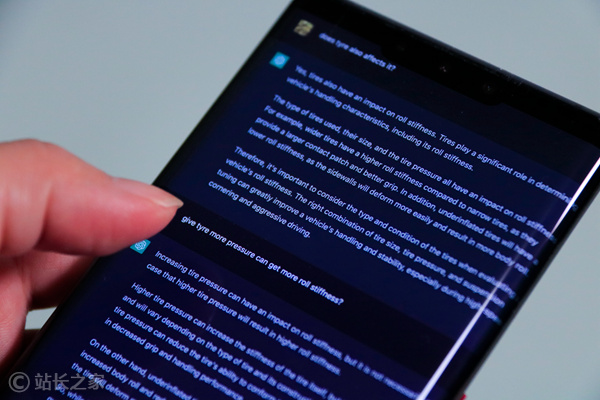A new study from Columbia University's Tow Center for Digital Journalism reveals serious problems with ChatGPT's citation of news sources. Researchers tested 200 news citations from 20 publishers and found that up to 76.5% of ChatGPT's citations contained errors or partial errors, and rarely acknowledged missing information. This study has raised concerns about the reliability of artificial intelligence search services and raised questions about the safety of artificial intelligence applications in the field of news dissemination. Its conclusions have important warning implications for both news media and artificial intelligence companies.
New research from Columbia University's Tow Center for Digital Journalism sounds the alarm for artificial intelligence search services. Research shows that ChatGPT has serious accuracy issues when citing news sources, even for publishers that work directly with OpenAI. The research team conducted comprehensive tests on 200 news citations from 20 different publishers, and the results were shocking: In a whopping 153 of these cases, ChatGPT had incorrect or partially incorrect source information. Even more worryingly, the system rarely proactively admitted that information was missing, admitting on only seven attempts that it could not find the source.

The researchers pointed out that in order to maintain the user experience, ChatGPT would rather make up answers than admit a lack of information. What's more serious is that the system presents these false sources with a disturbing confidence, showing no uncertainty at all. Even well-known publishers such as the New York Post and The Atlantic, which have direct partnerships with OpenAI, are not immune to this problem. In some cases, ChatGPT even linked to websites that copied entire articles without authorization, rather than the original source.
MIT Technology Review Editor-in-Chief Matt Honan commented on this: "As publishers, this is definitely not a situation we want to see, and the available remedies at this time are extremely limited."
OpenAI has been relatively cautious in its response to these worrying findings. The company emphasized that ChatGPT serves 250 million users every week and said it is working with partners to improve citation accuracy.
The study's final conclusion is clear: at this time, publishers have no guarantee that ChatGPT Search will accurately display their content, regardless of whether they have a partnership with OpenAI. This discovery will undoubtedly promote further discussion and improvement of the reliability of artificial intelligence information.
The findings are sobering and highlight the importance of critical thinking and fact-checking when relying on artificial intelligence technology for information. In the future, the supervision and improvement of artificial intelligence models need to be further strengthened to ensure that the information they provide is accurate and reliable and to avoid misleading the public.